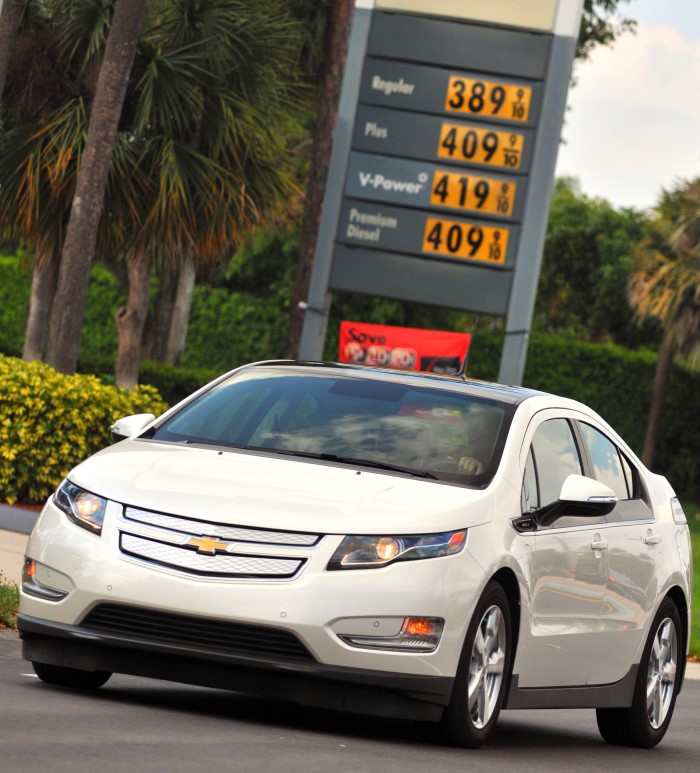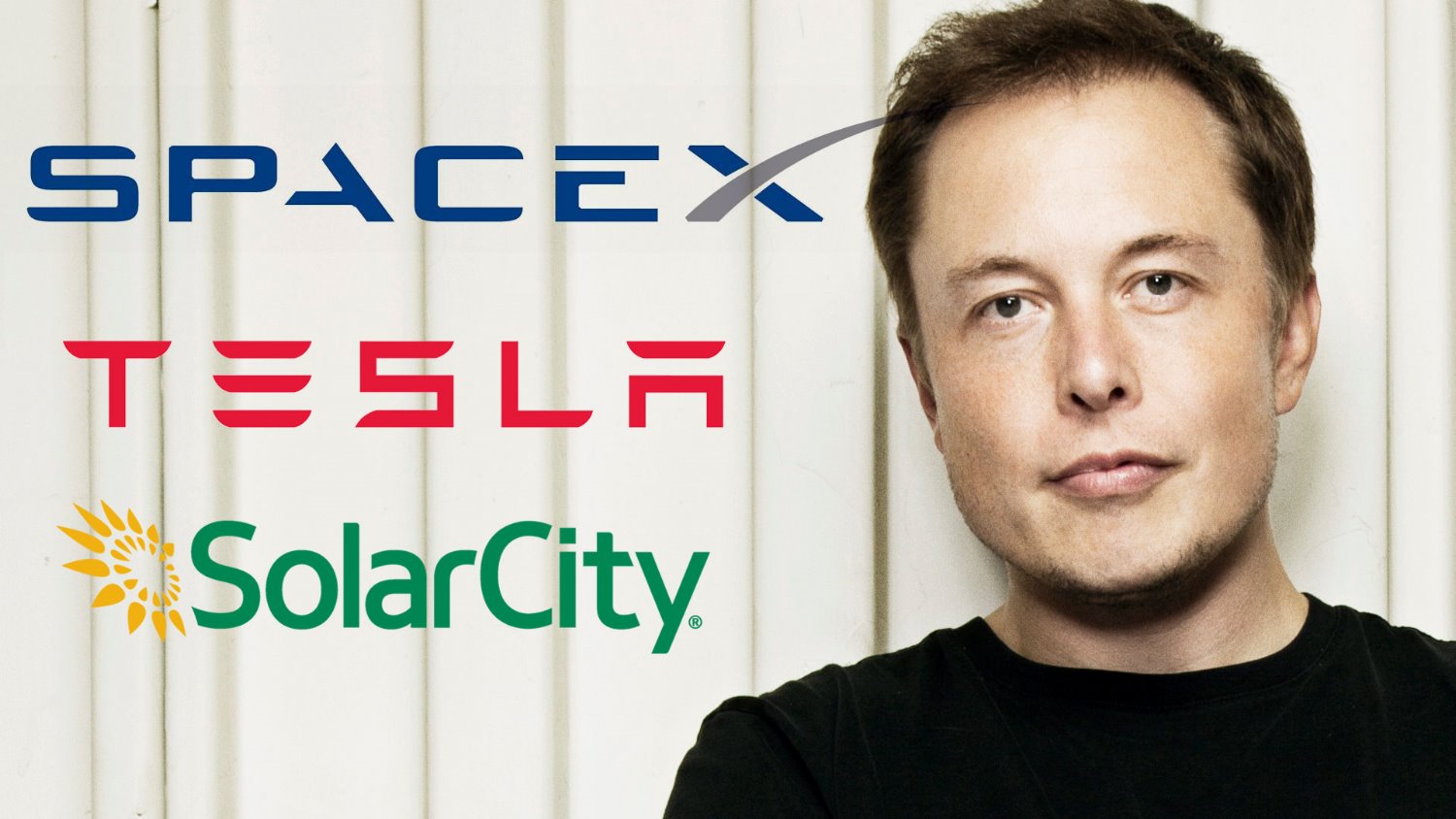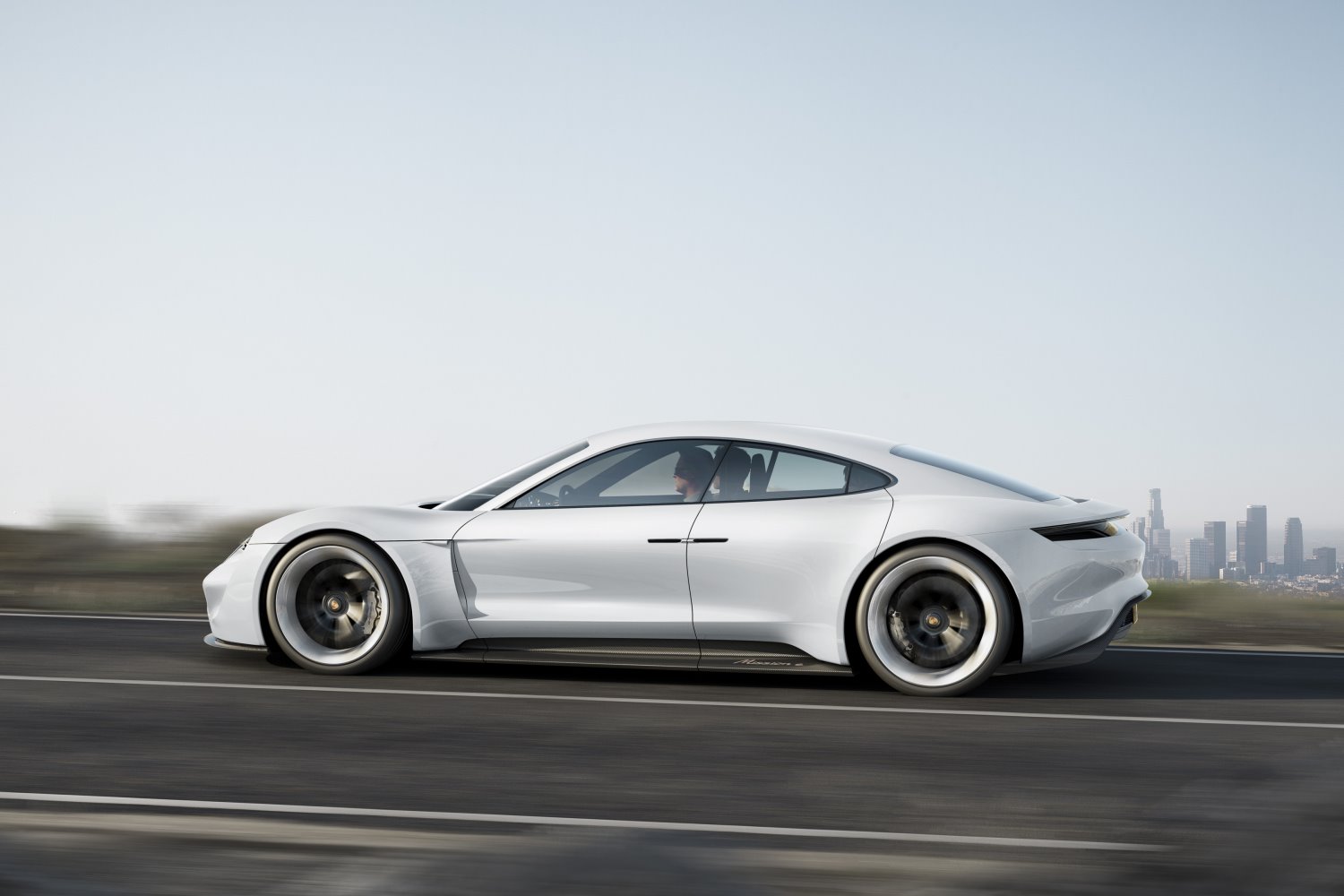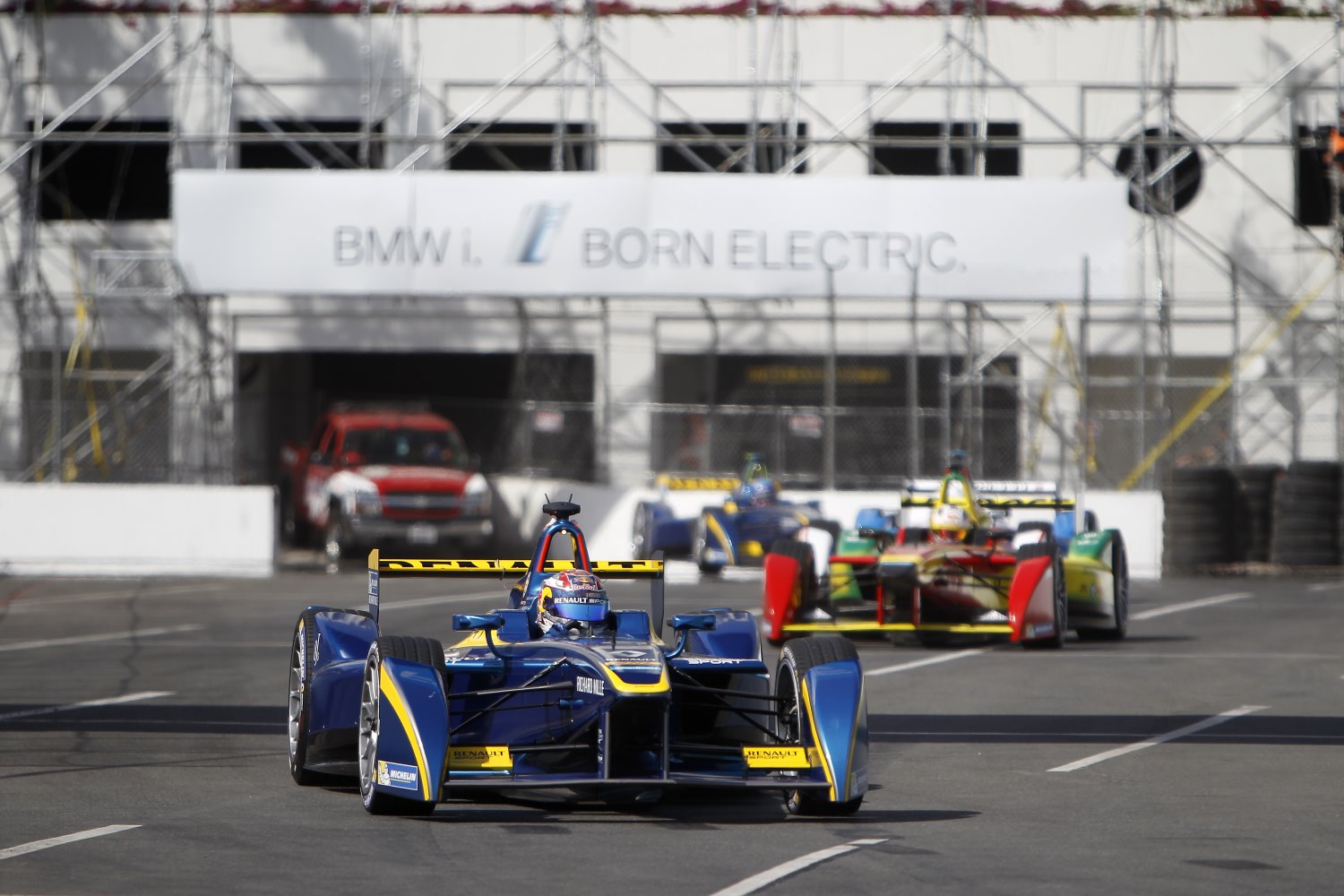Motorsports has a major dilemma to overcome
 |
| Plug-in Electric cars like the Chevy Volt are the future |
Motorsports has a major dilemma it soon must address, or it will be faced with almost certain extinction. Increasingly manufacturers are using motorsports for R&D for its road cars. We hear all the time that manufacturers want the series they participate in to be relevant to the road cars they will sell either now, or in the future.
I will be the first to admit that the manufacturers are the lifeblood of motorsports. They bring huge sums of money into the sport to try and develop better engines, better cars and better engineers.
Except for NASCAR and NHRA, where manufacturers use the series as a marketing platform to sell more cars, rather than an R&D platform, the majority of the top-level motorsports series in the world today encourage the manufactures to push the envelope of technology so they can apply it to their road cars, which in turn gets them to spend large sums of money in their series.
And while that may have worked in the past to the benefit of the series and the manufacturer, today is different. Very different.
If there is one aspect of motorsports that excites the senses the most, it's the sound. Or at least it was. It was the sound of internal combustion engines revving at over 12,000 RPM that emitted sounds so gut-wrenching that your teeth would sometimes vibrate and the ground would shake – a true visceral experience. It was hook that got casual fans coming back as real fans for a lifetime.
[adinserter name="GOOGLE AD"]Electric cars Are Coming
I will be the first to acknowledge the problems standing in the way of full-scale electric vehicle adoption in America. Until costs come down and range gets better, auto consumers will continue to purchase cars with air polluting internal combustion engines.
Someday, the option to choose a gas guzzler won't be so simple. Depending on the rising temperatures, state emissions caps, and the number of attractive EVs on the market, consumers won't have many reasons to choose a polluting automobile when a true zero emissions vehicle is the alternative.
That day may arrive sooner than we think. In fact, in the future the experts all say we won't even own cars. As this article spells out, a company like Uber will own millions of autonomous vehicles that will come and pick you up and drop you off where ever and whenever you need to go. That same car will then go and pick up the next person, and the next, until it needs to go back in for a recharge of its batteries.
But the battery of the future will not be a traditional chemical-reaction battery at all. It will be a capacitor made with thousands of Graphene sheets capable of holding a significant charge and being recharged in mere minutes. It will be a game changer for the EV industry and almost certain death to the internal combustion engine. You'll just pull into a service station, plug your car in, and because capacitors charge so quickly compared to a Lithium Ion battery, you'll be on your way down the road in 5 minutes or less.
Even when gasoline prices were plummeting in late 2014, U.S. consumers continued buying plug-in EVs, and the reason was their superior efficiency. Unlike gas cars, an electric car delivers the same efficiency for the life of a vehicle, regardless of prices at the pump. And they are quiet, smooth, almost zero maintenance, and green. Because of these fact, plug-in cars have a huge upside when compared to gas alternatives.
With the rise in domestic production and an electric grid capable of supporting 150 million EVs (75% of all vehicles on U.S. roads), the path to energy independence has never been clearer for America. Electric vehicle adoption is a tool to make it work, we just need prices to go lower. And they will go lower.
Bear in mind that the U.S. spends $300 billion on importing foreign oil. As the BBC recently pointed out, that represents two thirds of our trade deficit. Dependence on foreign oil hurts the economy and makes us more vulnerable to international disputes.
When the Tesla Model S started outselling the Mercedes S-Class, you can bet warning bells were ringing loudly in Stuttgart. This has given rise to the Audi R8 e-tron and other high-priced innovations bent on competing with Tesla. Features like instant torque and smooth acceleration are making the top EVs better cars to drive than gas alternatives.
We can't overlook Tesla's top score in Consumer Reports testing for independent confirmation.
Nissan Leaf drivers who never pay for gasoline and have instant torque available for urban driving swear by their vehicles. As more options appear on the market, a higher percentage of drivers will get used to the advantages of commuting in an EV.
[adinserter name="GOOGLE AD"]We can pretend the glaciers aren't melting, but it is more difficult to explain breathing problems in children and other catastrophic effects of overwhelming greenhouse gas emissions. Climate change is probably the biggest challenge the human race faces in the coming century, but world leaders are acting awfully slow to combat it.
California has been one of the worst offenders in emissions since cars were invented, but now the Golden State is setting an example for the world to follow. Aggressive emissions reductions mandates and alternative fuel vehicle programs in the state have forced major automakers to get greener or risk business in America's top auto market. And the air in California is noticably cleaner than it was 10 years ago. So it's working.
In China where the smog is so bad most people wear masks when walking outside, mounting health problems have been the motivator. In any event, the situation is critical. EVs can help make emissions reductions a reality.
It sounds obvious, but it is important to remember how inexpensive it is to operate electric vehicles. Fueleconomy.gov estimates drivers save $5,000 in fuel costs over 5 years when driving a Nissan Leaf as opposed to the average (24 mile per gallon) car on the road.
On top of the savings in fuel costs, electric vehicles are now cheaper to insure than gas cars and have lower operating costs. Ever have a problem with your car's alternator, transmission, or radiator? Every driver has, but you would never have any of these problems if you owned an EV.
 |
| Elon Musk, the new Steve Jobs |
Elon Musk is the Steve Jobs of EV
Elon Musk is to the electric automobile what Steve Jobs was to the smartphone – a visionary and a game changer.
Elon Musk's giant battery factory in Nevada is absolutely key to the company's future because it will help the company cut the cost of its batteries.
The Gigafactory, which is some 5.5 million square feet, will help the company dramatically cut the cost of its batteries by "using economies of scale, innovative manufacturing, reduction of waste, and the simple optimization of locating most manufacturing process under one roof."
Tesla estimates the factory will help it reduce the cost of its batteries by as much as 30% once it is fully operational in 2020.
In fact, Tesla said it will create more battery cells at the Gigafactory than all of the lithium-ion battery makers combined in 2013. However, I doubt they will be making Lithium Ion batteries. I think they will be manufacturing Graphene Capacitors before long.
The batteries created at the Gigafactory will enable the company to produce its first mass market car, the Model 3, though that model will likely still be using Littium Ion batteries that pollute the environment when they must eventually be disposed of.
The Model 3 will be priced at about $35,000 and have a range of more than 200 miles per charge, Musk said earlier this year.
In September, Musk said Tesla plans to begin production of the Model 3 in 2017. A few weeks later he also said via Twitter that the company would also be revealing a Model Y, which is rumored to be a crossover version of the Model 3, but then he deleted the tweet.
So it's possible Tesla could be pushing out two new vehicles before 2020.
[adinserter name="GOOGLE AD"]Tesla's cars already boast the best range on the market, but by 2017 Musk aims to dramatically increase how far Tesla's cars travel on a single charge.
Musk told the Danish news site Borsen in September. "My guess is probably we could break a 1,000 kilometers (621 miles) within a year or two. I'd say 2017 for sure."
Musk added that by 2020 Tesla will likely be able to make its cars go as far as 745 miles per charge.
Another bold promise Musk has made for Tesla is that its cars will be autonomous by 2018. And it seems to be on track to make that happen.
The company rolled out its semi-autonomous Autopilot system at the end of October and in November Musk said he was ramping up the team developing the technology and that Autopilot is a "super high priority."
Most recently, Musk said last week that he is still looking at a two-year timeline to achieve "level 4" autonomy in Tesla's cars, however, he added that while the technology may be there, the user may not get full access to it.
Musk said it's unlikely regulators will have laws in place by the time Tesla's autonomous cars are ready, so drivers may have to wait a little longer before getting to go completely hands-free.
 |
| The Porsche Mission E will be an all-electric supercar |
Every automaker is now in the EV game
Kia. General Motors. Nissan. Mercedes-Benz. Name a major automaker and you will find electric vehicle development in the company's pipeline. (Even Toyota's fuel cell vehicles run on electric motors.) The biggest competition may be the race to an affordable EV capable of going 200 miles on a charge, but plug-ins work in every segment and price point.
From the compact Ford Focus Electric to the BMW X5 plug-in and the Tesla Model S, there are unlimited possibilities for electric power in automobiles.
In many respects, we have California to thank for forcing automakers' hands on electric drivetrains. Tesla, Google and soon Apple are all in the game, the inevitable competition between manufacturers in the electric vehicle space will yield more quality products for consumers.
So where does that leave motorsports if the future for every automaker is electric cars?
While Formula E has showcased that electric cars could indeed be used to race, its missing that visceral experience. In other words, it's as boring as shit to watch in person, but it's relevant to the EV cars every manufacturer has in the pipeline. But that doesn't mean it makes for good entertainment as a sport. In fact it absolutely does not.
People bemoan the quiet F1 cars, IndyCars and hybrid diesels that race at LeMans. The thrill is gone for most fans and they are buying tickets in increasingly smaller numbers to prove it.
NASCAR and NHRA get it!
NASCAR and the NHRA don't believe in giving manufacturers an R&D platform for their road cars. Their business plan is simple – deliver an exciting platform to entertain the motorsports customer with cars that have zero engineering relevance to their road cars, but 100% marketing relevance.
 |
| Watch Formula E if you have insomnia |
You see winning on Sunday still sells cars on Monday, but not because the engineers won the race with their technology, but because a great driver won the race in a vehicle that delivered a visceral experience that they won't soon forget.
Internal combustion engines, sans hybrid technology, deliver the experience the motorsports fan will pay to see time and time again.
Add hybrid technology, to smaller V6 engines (soon to be 4-cyclinder) and the thrilling sound is 'almost' completely gone. Make the cars 100% electric and the boring sound of silence will send fans home early, never to return.
If Formula 1, IndyCar, the World Endurance Championship, etc, want to have races with near zero fans in the grandstands they can continue down the path of having engines that are relevant to road cars of the future, i.e. quiet electric motor powered cars, but they do-so at the risk of almost certain extinction of their sport.
They've been warned.
[adinserter name="GOOGLE AD"]
